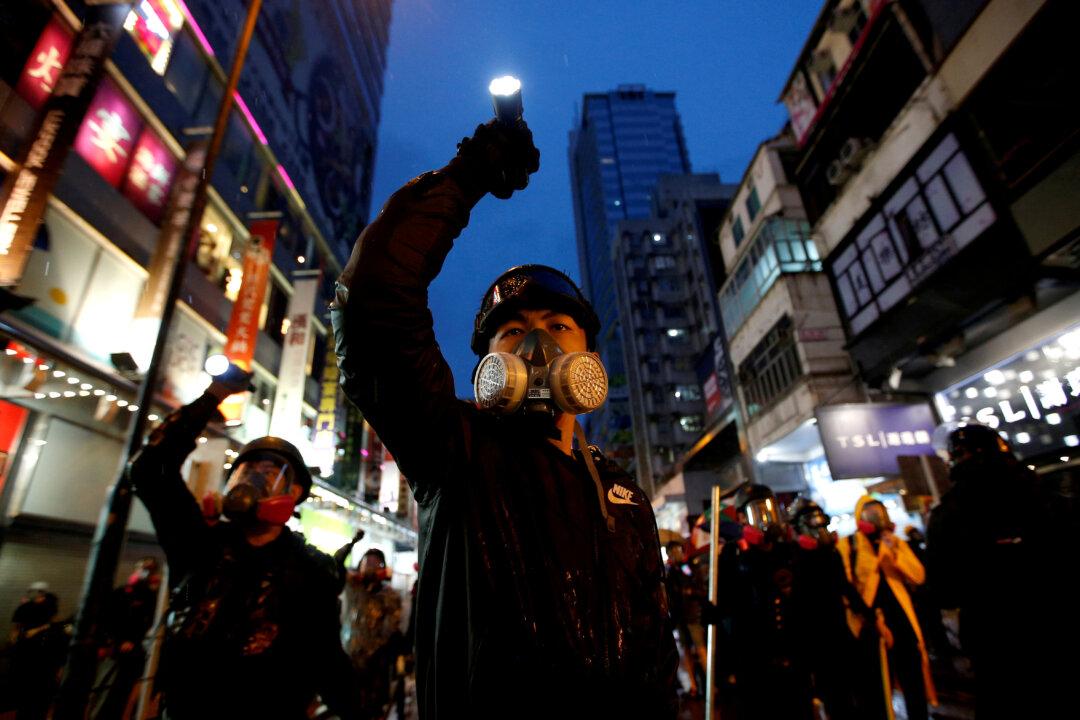HONG KONG—China will propose national security laws for Hong Kong in an attempt to crush pro-democracy activists who are fighting to keep their freedom, according to three people with direct knowledge of the matter. The city was plunged last year into its deepest turmoil since it returned to Chinese rule in 1997.
The South China Morning Post newspaper, citing unnamed sources, said the laws would ban secession, foreign interference, terrorism, and all seditious activities aimed at toppling the central government and any external interference in the former British colony.





